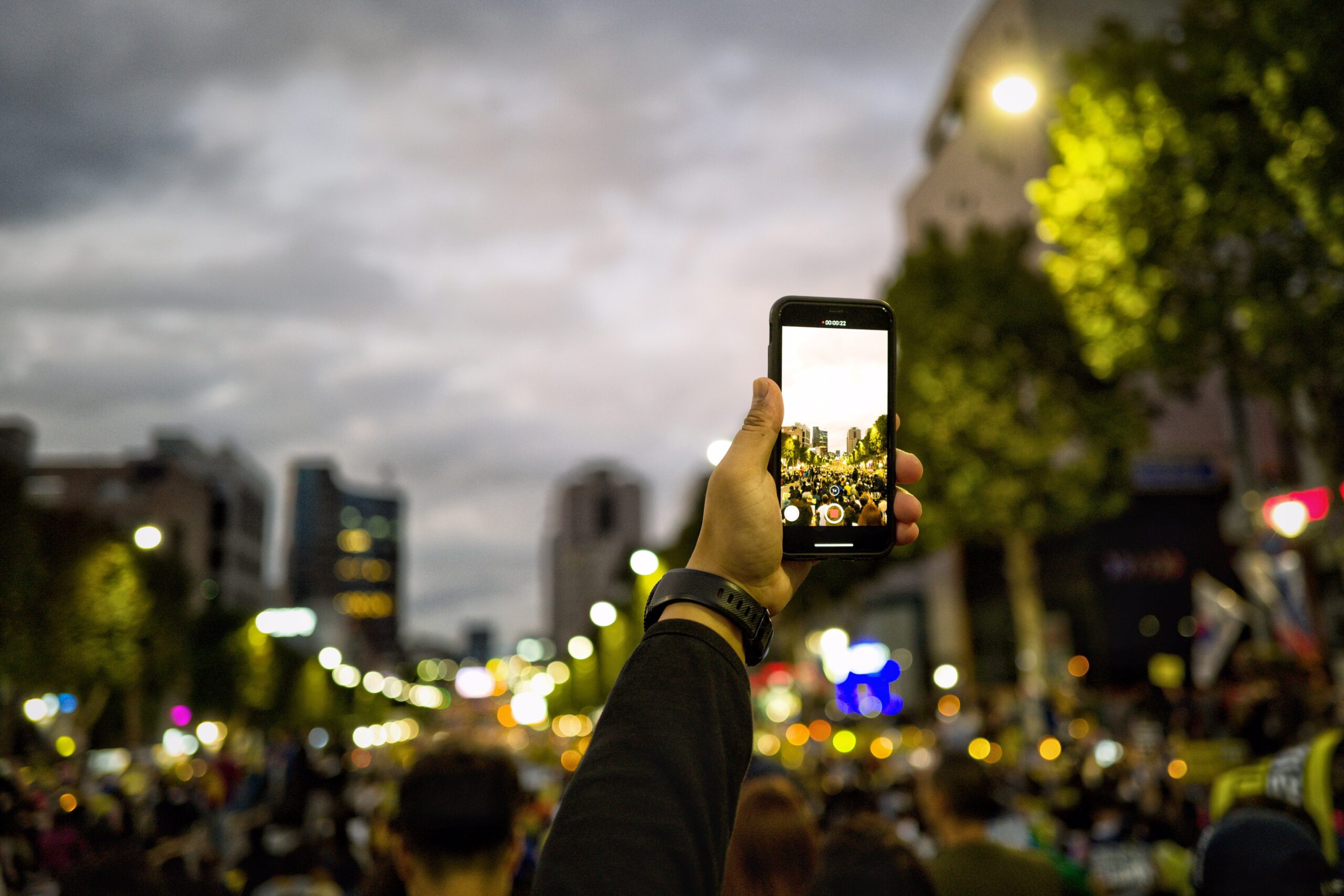In 1997, the world’s largest bank robbery took place. Dubbed the “Dunbar Armored robbery”, 6 men wielding guns stole 18.9 million USD from a bank in Los Angeles. They left almost no trace and were caught later by pure coincidence. That was more than 20 years ago. Today, we don’t see brash men with weapons trying to rob banks – at least not with guns. From behind a computer, today’s bank robbers can steal more than money. They steal your identity, your reputation and can do more than cash alone ever could. With increasing digitalization, the cybersecurity threat is rapidly increasing. This is the new vulnerable world we live in.
You as a commodity
In the modern-day, technology is part of every aspect of our daily lives. From communicating with friends and family, there are very few things that we do that don’t use technology. There is a tension between the functionality and convenience of using technology as opposed to not using it and being free of cybersecurity threats. In the modern era, it’s practically impossible to avoid a digital footprint.
So what do we end up doing? We use smartphones, tablets, laptops – some people even have smart fridges, kettles and microwaves that transmit data. In a nutshell, there are two main ways a hacker could attack you.
- They could hack into global data centres that store your data. Think companies like Sony, Spotify, Amazon – the big companies that create a profile of you when you use their services.
- The other would be on a more individual level, hacking into your computer and gaining direct control. Here attackers could track your usage, spread to other computers and more.
Who would take the time to hack me of all people?
You are right. Chances are unless you’re Bill Gates, Barack Obama or Mark Zuckerberg, people won’t directly target you or your devices. These are generally the high-profile attacks that get all the media attention – but aren’t really what happens to most people.
In modern cyberspaces, hackers utilise algorithms that automate the process of infecting computers. They write software that will automatically try to infect your device, remain concealed and go on to covertly infect other machines. There are many methods of attack – but you can read here for more info.
Generally speaking, these are the main threats that the average person faces. Not a hacker personally trying to attack you, but a piece of software that indiscriminately attacks your device. That’s why your technology gets such regular updates – to prevent breaches from such mundane attacks, vulnerabilities and more. The value of your data cannot be understated. Not updating your tech is like walking down the street with a bag full of money in a shady neighbourhood.
Okay… what do people use with my information?
There are many reasons for attackers to steal your personal information in particular. But irrespective of the method, hackers want to make a profit. So below are some of the ways hackers use your personal information:
- Hackers can simply sell your data to other criminals over the dark web, which can be used for any reason.
- With your personal details, hackers can commit identity theft. Attackers use your credit card, take out loans in your name or withdraw money from your account.
- Taking over your accounts. Individual online profiles can include your payment information on e-commerce sites etc.
- With your personal information, attackers can create more realistic phishing attacks, extort people and more.
Is the cybersecurity threat really that bad?
The way I picture handling cybersecurity for the everyday person – is to compare it to car accidents. The reason I make this comparison is that there are several ways to prevent car accidents. But there are also ways to deal with car accidents should they happen.
Like cybersecurity, the possibility of a car accident is never zero. You can only try and get the probability as low as possible. You learn to drive, you follow traffic laws, follow the speed limit, and you obviously don’t drink and drive. But should you have an accident, you have seatbelts, airbags and insurance to manage the accident.
Similarly, you don’t go to suspicious websites, download unsafe files or access unverified networks. Despite the possibility of having a car accident, you don’t stop using cars altogether – so long as you take the right precautions. That’s how we operate despite the many threats in the digital world.
Conclusion
Cybersecurity is a tricky thing because many people don’t understand the technology they use daily. And so, they aren’t able to effectively protect themselves from a potential cybersecurity threat. So they don’t protect themselves or try to prevent these attacks from happening in the first place. The modern bank robbers don’t have guns, and they don’t force you to give them money. They hack your devices and steal your personal data. But with the correct precautions, the vulnerable new world isn’t so scary.





